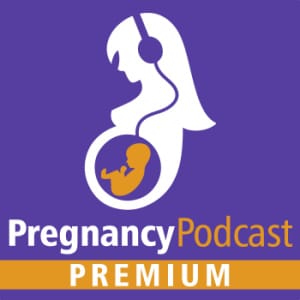Overview
This episode dives into the research on placenta encapsulation and whether it lives up to the claims of preventing postpartum depression. Explore the evidence on its potential benefits and risks and understand why medical opinions remain divided on this practice. If you’re considering placenta encapsulation but encountering skepticism from your doctor, midwife, or partner, you’ll get practical advice to navigate these conversations, address concerns, and make an informed decision that feels right for you.

